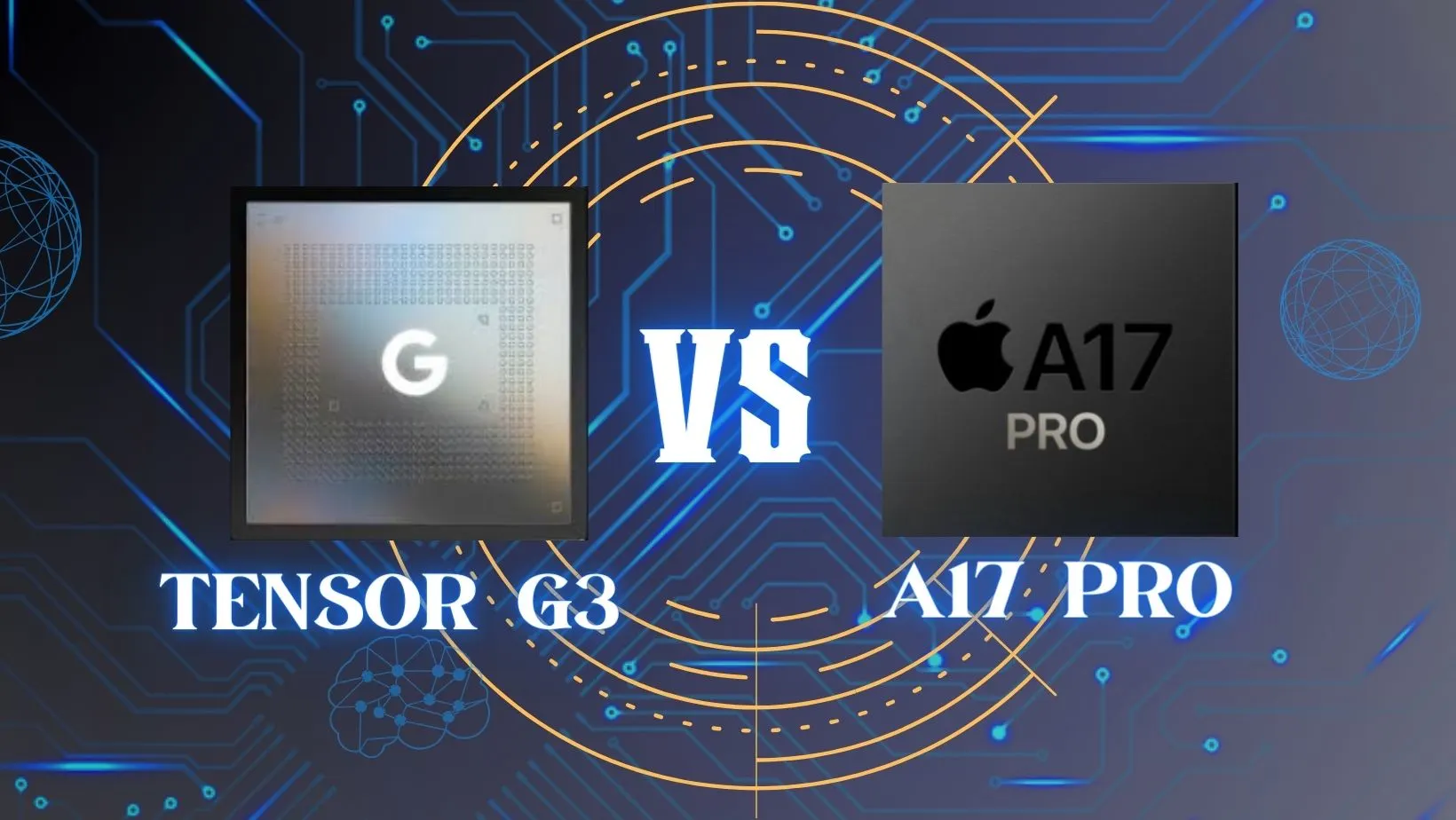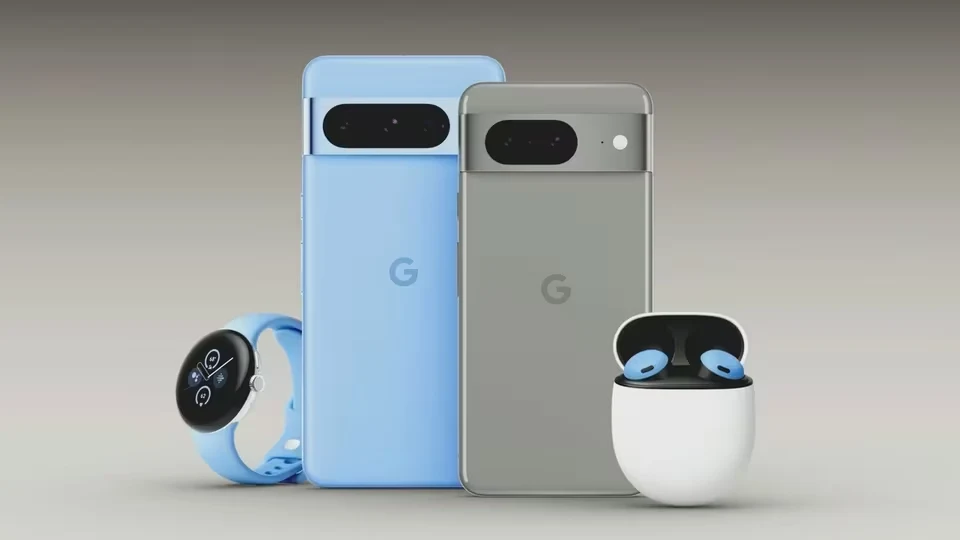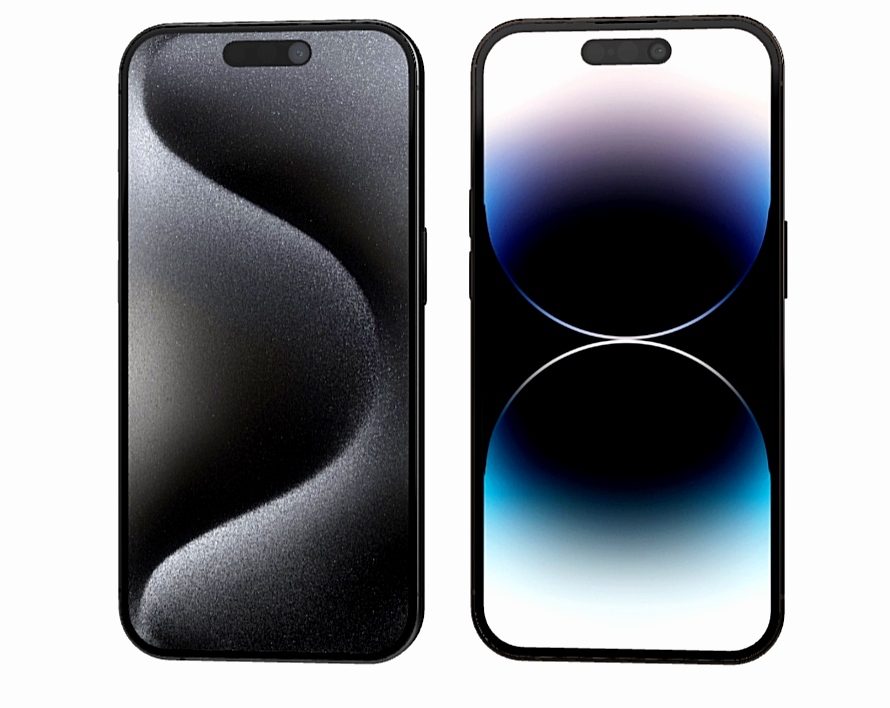Google Tensor G3 vs Apple A17 Pro - Google takes on Apple
Google are willing to take on Apple but can their Tensor G3 stand up to Apple's A17 Pro? In this episode , we've got Google Tensor G3 vs Apple A17 Pro. Let's see how far Google's hardware has come.

Apple and Google, two formidable contenders in the smartphone industry, regularly engage in a perpetual rivalry spanning smartphones, software, and chipsets. Today, we bring you a showdown between their latest offerings: the Google Tensor G3 and the Apple A17 Pro.
The Google Tensor G3 emerges as Google's flagship processor, succeeding the somewhat underwhelming Tensor G2. This powerhouse fuels the latest Pixel 8, 8 Pro, and potentially the Pixel 8a.

On the other side of the ring, we have the Apple A17 Pro, reigning as Apple's flagship and the world's fastest SoC. It powers the iPhone 15 Pro and the iPhone 15 Pro Max.

With this context in mind, let's delve into the head-to-head comparison of these two titans.
>> See: Google Tensor G3 vs. Apple A17 Pro - comprehensive specs comparison
Performance Battle: Google Tensor G3 vs. Apple A17 Pro
Comparing SoCs running iOS to those powering Android devices can be a bit tricky. Fortunately, benchmarks step in to provide clarity. These tests simulate real-world scenarios, offering insights into an SoC's performance in everyday tasks.
In the AnTuTu benchmark, the A17 Pro scores a remarkable 1,641,883, outperforming the Tensor G3 by roughly 45%. Transitioning to GeekBench, the A17 Pro boasts a substantial 60% lead over the Tensor G3. In essence, the Tensor G3 falls short in terms of raw CPU performance for applications and tasks when pitted against the A17 Pro.
Gaming Prowess: Google Tensor G3 vs. Apple A17 Pro
The A17 Pro is marketed as a gaming-centric SoC, capable of handling triple-A gaming titles as they become available. In contrast, the Tensor G3 focuses more on photography and doesn't prioritize gaming. While both SoCs can handle most games with ease, the A17 Pro takes the lead, incorporating hardware ray tracing and offering support for triple-A titles.
RAM and Storage Showdown
The Tensor G3 boasts the use of the latest LPDDR5x RAM, superior to the LPDDR5 used in the A17 Pro. Additionally, the Tensor G3 supports UFS 3.1, possibly even UFS 4.0 for storage, while the A17 Pro sticks with Apple's NVMe storage.
Cameras and Video Capabilities
While the maximum camera resolution supported by the A17 Pro remains somewhat unclear, we can conservatively estimate it at 48MP. This falls significantly short of the Tensor G3's impressive 200MP camera support. Regarding video capabilities, both the A17 Pro and the Google Tensor G3 support 4K HDR video at 60fps.
Despite the considerable difference in camera capabilities, smartphones powered by both SoCs are equipped with 48MP resolution cameras, yielding nearly similar output. As a result, this has sparked fierce online debates as to which SoC offers the best camera performance.
Connectivity Duel
Both SoCs offer support for all current network generations, ranging from 2G to the latest 5G. Additionally, they both embrace 5G technology. Nevertheless, the Tensor G3 stands out with its support for WiFi 7, while the A17 Pro relies on WiFi 6.
Battery Efficiency
The A17 Pro is constructed on the more advanced and power-efficient 3nm TSMC process. In contrast, the Tensor G3 relies on Samsung's 4nm process, which is less efficient than TSMC's 3nm. Consequently, the A17 Pro is poised to deliver superior battery life compared to the Tensor G3.
In Conclusion
The A17 Pro emerges as the superior SoC in terms of CPU performance, gaming capabilities, and battery life. However, both SoCs are mostly tied in the areas of cameras, RAM/storage, and network connectivity.
As always, the choice between an iOS-based and Android-based SoC extends beyond mere hardware specifications. It encompasses the overall software experience and the device's ecosystem. Ultimately, the decision hinges on these factors, making it important that you the user choose wisely.